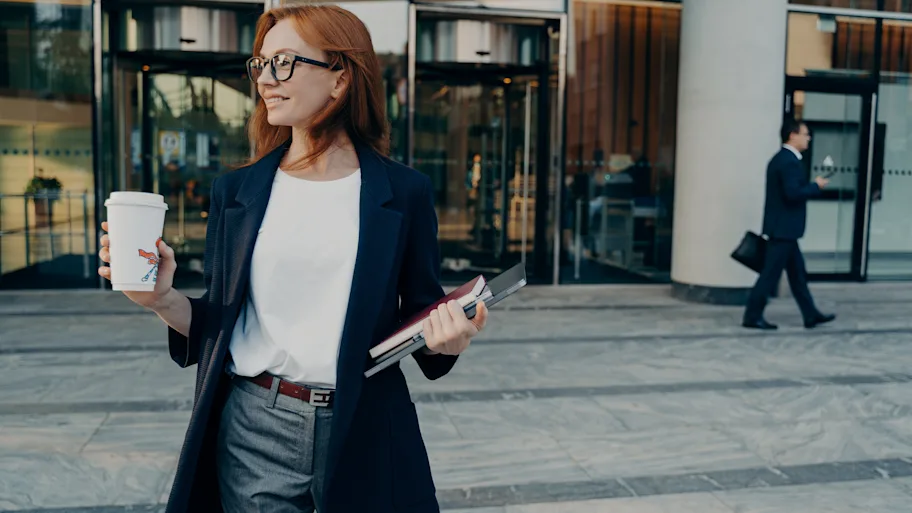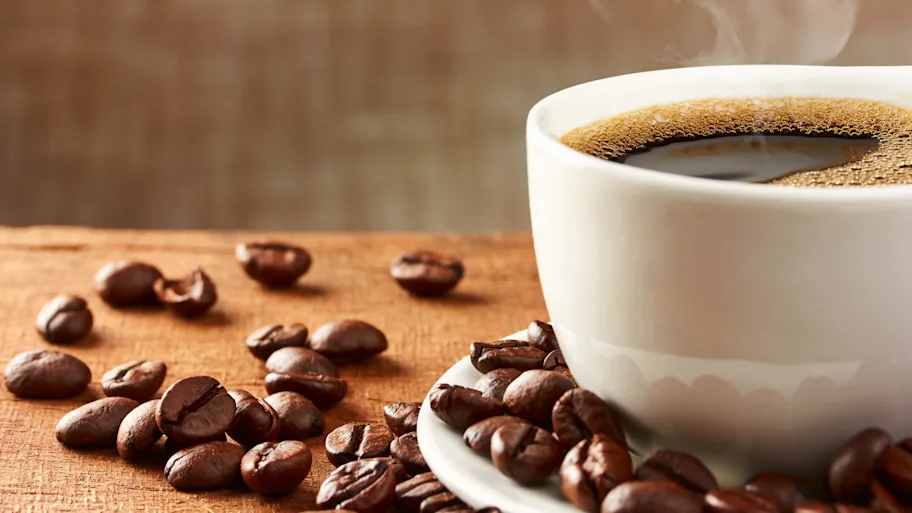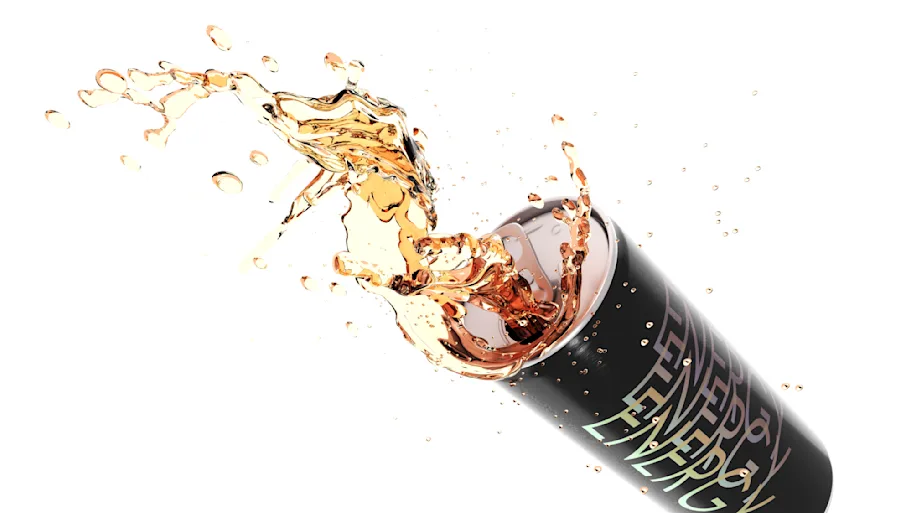
- Science news
- Health
- Celebrating coffee on International Coffee Day
Celebrating coffee on International Coffee Day
Happy International Coffee Day! As millions of people celebrate their drug of choice, this is a perfect time to consider where we would be without coffee. Would we…
…be more productive?
Drinking coffee, and the caffeine that comes with it, does result in various chemical responses that give you that buzz of energy (check out the video by Science Alert for a summary).
We have all heard individuals claim that they cannot start the day without their cup of coffee – but research suggests that after the honeymoon period of lovely highs and bursts of energy, continued coffee drinking actually just acts to counter-affect caffeine withdrawal (Rogers et al, 2010).
Then there is our own daily cycle to take into account. Just like a cup of coffee affects individuals differently (it only makes three in ten people poo), it also affects individuals differently during different times of the day. Your daily hormone fluctuations can alter how coffee affects you. In fact early in the morning may not be the best time to drink coffee – check out this Science Alert video to find out when you should be drinking coffee.
It is not all about the energy and efficiency – the ritual of coffee can inspire. Some of the worlds most acclaimed geniuses were addicted to coffee – Bach even wrote a short opera about it! And the famous Hungarian mathematician, Alfréd Rényi, once said “a mathematician is a machine for turning coffee into theorems”.
…be healthier?
Coffee has had mixed press when it comes to its relationship with human health. There have been concerns that it may be increase risk of cardiovascular disease and anyone who has felt light headed or their heart racing after one too many cups, ponders what their coffee habit is doing to them.
More recently the tide has been turning. From liver disease (Feld et al, 2015) to skin cancer (Loftfield et al, 2015), drinking moderate amounts of coffee is likely good for you. The Mayo Clinic puts it best on their webpage about coffee: “The best answer may be that for most people the health benefits outweigh the risks.”
…be less harmful to the environment?
Coffee plantations cover over 10 million hectares of the planet according to the FAO and is second most sought after commodity in the world. We are drinking over 500 billions cups annually and this is only set to grow. Considering the water cost of coffee (0.5 cups to brew a latte but 200 liters for the process from seed to cup according to Jason Clay in the Guardian) and the other steps of the full process that could contribute to a carbon footprint, it is pretty obvious that coffee is costing our planet a lot.
Making the situation worse, more and more of the world’s coffee farms are growing their precious trees in direct sunlight to enhance growth and profits (Jha et al, 2014). Growing coffee under the shade of the canopy of trees provides a plethora of benefits for the environment, providing a biodiverse habitat in both the canopy and the soil (Jha et al, 2014). The good news is consumers can make an educated choice by choosing beans that have been certified by the Rainforest Alliance or the Smithsonian Migratory Bird Center where they can support shade grown coffee.
…be that much different? Or would we find a caffeine substitute?

Luckily there are alternatives if all you want is a caffeine hit. In an excellent example of convergent evolution, both tea and cocoa also evolved to produce caffeine (Denoeud et al, 2014). This is because caffeine is more than just our hit of energy; researchers have multiple theories for why plants create caffeine from pest protection (Nathanson, 1984) to getting a competitive edge on their neighbours. Both tea and cocoa have rich histories intertwined with human culture, but there are lesser known plants such as Kola, “the coffee of Sudan”, which are potential candidates for a replacement for coffee.
Perhaps in the absence of coffee, our ancestors would have taken these alternatives to another level and our legal high would come from a very different place. But coffee is not just caffeine – a lot of the health based benefits of drinking coffee are associated with drinking coffee whether caffeinated or not. That being said, some of the benefits can be attributed to caffeine, such as the protection against skin cancer (Conney et al, 2013). And who is to say that cocoa and tea do not have their own beneficial properties? Actually a lot of research says they do… (Pérez-Cano et al, 2013, Gardner et al, 2006).
And where would coffee be without us?
Probably just some bush growing in the understory of the East African jungle. As Michael Pollen explores in his book, The Botany of Desire, crop plants make as much use of us as we make of them. Through its enticing taste, invigorating effects, and touch of addiction, coffee has taken advantage of human behaviour to conquer more of the world than it ever could on its own. But do not worry – we are not the only ones to fall for this delicious trap – coffee plants also lace their nectar with small amounts of caffeine, likely in an attempt to get pollinators similarly hooked (Wright et al, 2013 – please note that this is not open access).
We need each other!
So we need coffee and coffee needs us! Which is why we are dedicating a full day to this unique plant. In the joy of honoring coffee with your favourite brew, whether filter, espresso, white, black, hot or cold, we should not forget that coffee plants worldwide are threatened by disease, pests and climate change. The sequencing of the coffee genome should lead to some answers to these challenges (Denoeud et al, 2014) but just in case, make sure you fully appreciate your cuppa jo.






